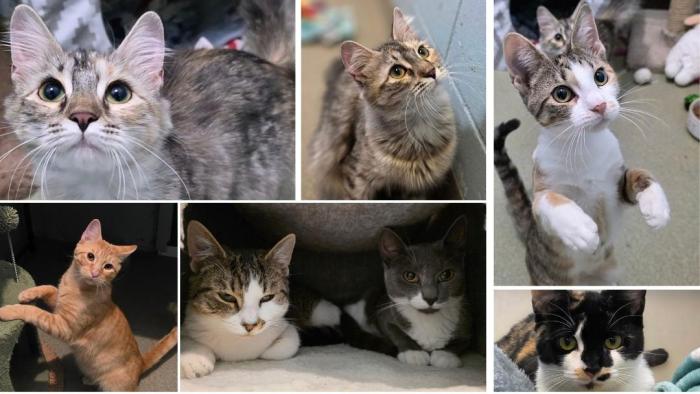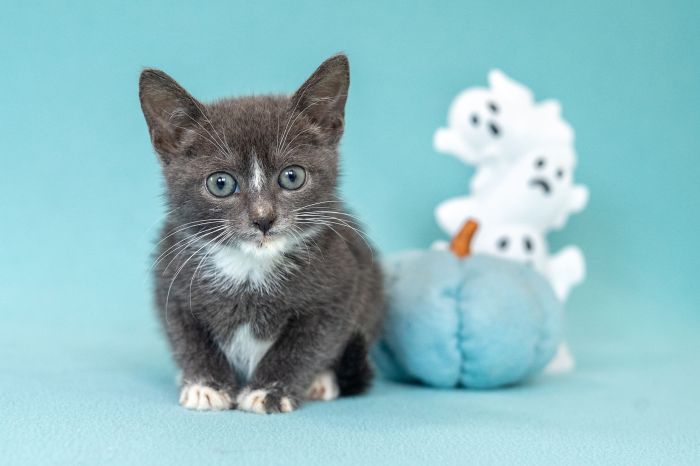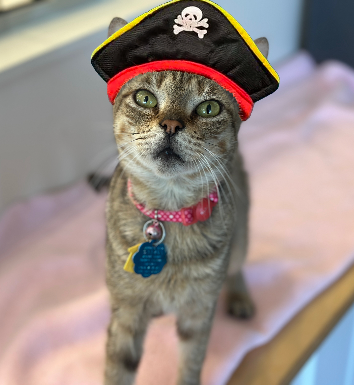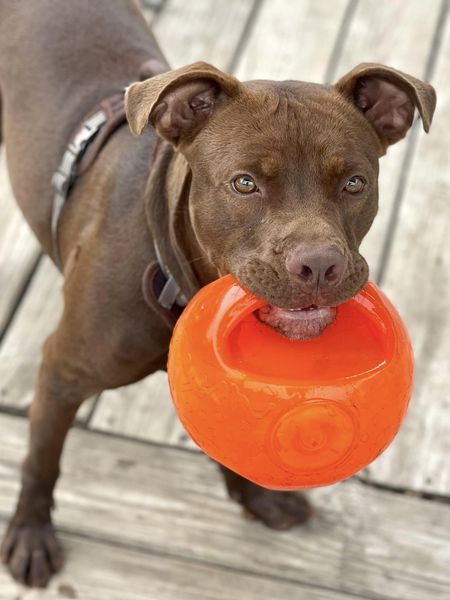Every devoted pet owner hopes to provide a lifetime of love and care, yet the reality is that circumstances can change without warning. Thoughtful planning ensures that your companion’s well-being is protected, regardless of what the future brings.
One increasingly popular option for New Yorkers is a pet trust, a legal arrangement that sets aside funds for a pet’s care and names the person responsible for managing them.
“A person can create a pet trust, recognized in New York State as a valid trust under Estates, Powers and Trusts Law Section 7-8.1,” explains Barbara MacGrady, an estate planning attorney with Davidson, Dawson & Clark LLP in Manhattan. “It is funded with whatever amount the pet’s owner deems appropriate for the pet’s care. The funds can only be used for the pet’s care unless there are specific provisions in the document that say otherwise.”
A pet trust can be created as a standalone document during a person’s lifetime or included in a last will and testament.
“Creating the trust during someone’s lifetime ensures that the funds are immediately available once the pet owner dies,” says MacGrady. “If it is created under a will, there can be a time gap between the person’s death and the appointment of an executor or trustee, and that delay can affect how quickly the trust is funded.”
The trust document names both a trustee, who manages the money, and a caretaker, who provides day-to-day care. The trustee and caretaker can be the same person.
“The document directs that the income and principal of the trust may be utilized by the trustee in such amounts as the trustee deems appropriate for the pet’s care. The trust lasts for the pet’s lifetime, and whatever is left in the trust goes to whomever the creator designates, whether it be a charitable organization or a family member,” explains MacGrady.
READ ALSO: These 17 adoptable dogs and cats want a fur-ever home this winter
Choosing the right caretaker is essential.
“It would likely be someone who knows the pet or is a pet lover, responsible, reliable, and shares the same values as the pet’s owner,” says MacGrady. “The trustee should also be someone who can handle money responsibly.”
MacGrady recommends thinking through details such as a preferred veterinarian, medical decisions, and even lifestyle choices for the pet.
“You have to consider things like what happens if the caretaker moves, your philosophy on surgery or aggressive treatment in an emergency, and how much you want your pet spoiled,” she said.
While pet trusts are not common in her practice, MacGrady believes they can provide peace of mind.
“Many people simply leave a cash bequest in their will, but for those who truly see their pets as family, a pet trust ensures they will always be cared for.”





























